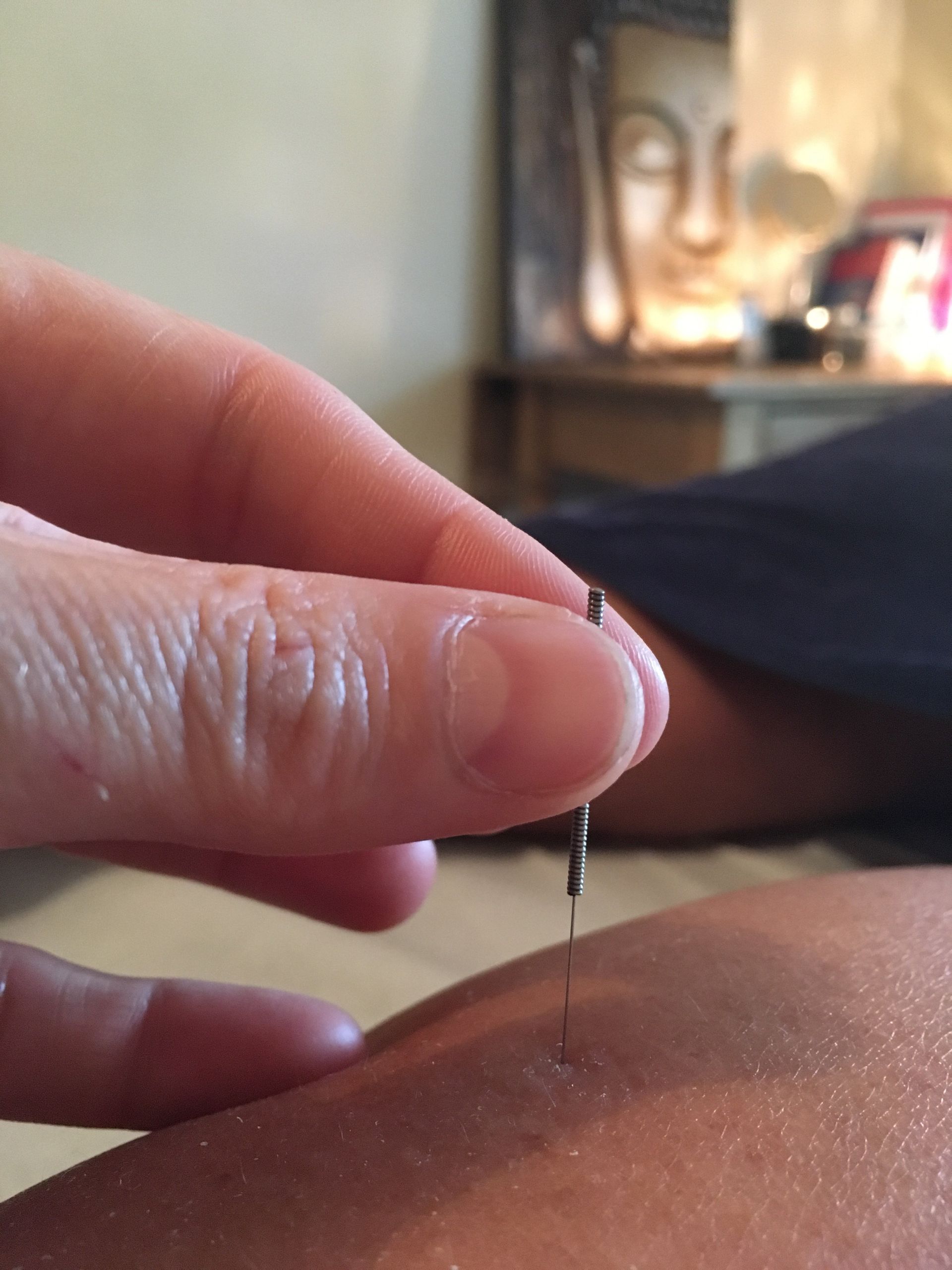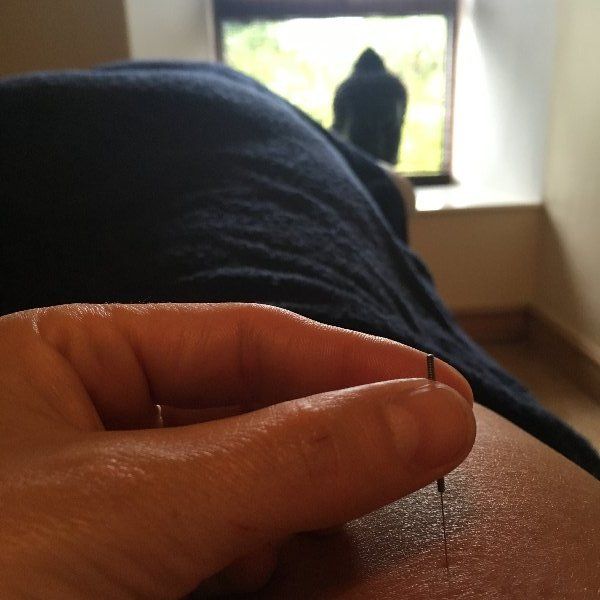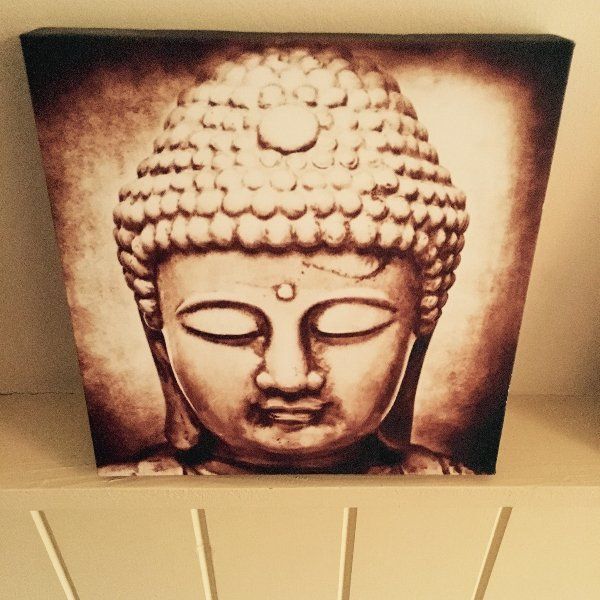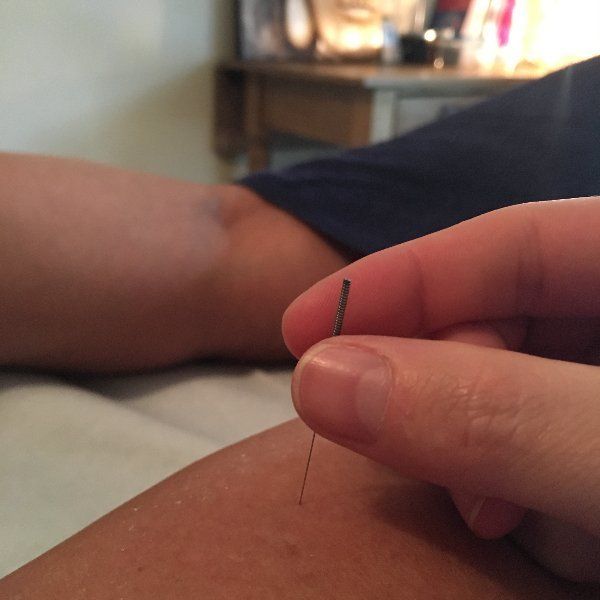Understanding TCM Acupuncture

Most people who have heard of acupuncture understand it to be a treatment in which small needles or pins are inserted into different parts of the body, usually to help reduce pain.
What a lot of people don’t know is there are different types of acupuncture practiced in the UK.
The acupuncture that the majority of you may have come across is what we call Dry Needling or Medical Acupuncture, usually preformed by your Physio, Osteopath or even Doctor Medical. This is a modern adaptation of the ancient Chinese practice of TCM Acupuncture and focuses on more conventional medicine such as myofacial release, trigger point therapy and joint mobility.
Rebeka uses Acupuncture, which is part of the ancient practice ‘Traditional Chinese Medicine or TCM, and originated in China over 3000 years ago. As well as Acupuncture, TCM involves many different practices, including Moxibustion (burning a herb above the skin or needle), Cupping, Chinese Herbal Medicine, Tui Na (Chinese therapeutic massage), dietary therapy, and Tai Chi and Qi Gong.
TCM Acupuncture sees pain and illness as signs that the body is out of balance. This balance is in relation to Yin and Yang and is fundemental to the practice of Chinese Medicine. If Yin is more dominant than Yang then Yang becomes deficient and visa versa. These deficiencies will then show up in the body and present themselves as issues including chronic fatigue, headaches, digestive problems and irregular periods. In other cases Yang may become in excess of Yin and a person would have a tendency to get angry easily, have throbbing aches, suffer with constipation or experience a high pitched ringing in their ears. By using the theory of Yin and Yang, a TCM practitioner can establish the root cause of the problem and treat that rather than just symptoms.
Acupuncture then regulates and adjusts the Yin and Yang to reduce the excess or support the deficiency and restore the relative balance.
Illness and pain can also occurs in the body when the Qi (pronounced chee) – vital energy, cannot flow freely. This can be the result of emotional and physical stress, poor nutrition, infection or injury of which at times is unavoidable in out lives.



What is special and very different about
TCM Acupuncture, is that it focuses on the individual and their diagnosis, not their western illness.
Each client is truly unique in their imbalances and although two people present with the same Western issue such as insomnia, may well receive a different TCM treatment.
As you can see, there is a lot more to TCM Acupuncture than just helping to reduce pain or increase mobility. Once imbalances are recognised within the body, a TCM Acupuncturist can help restore the equilibrium, resulting in a body free from not just pain buy illness too.
